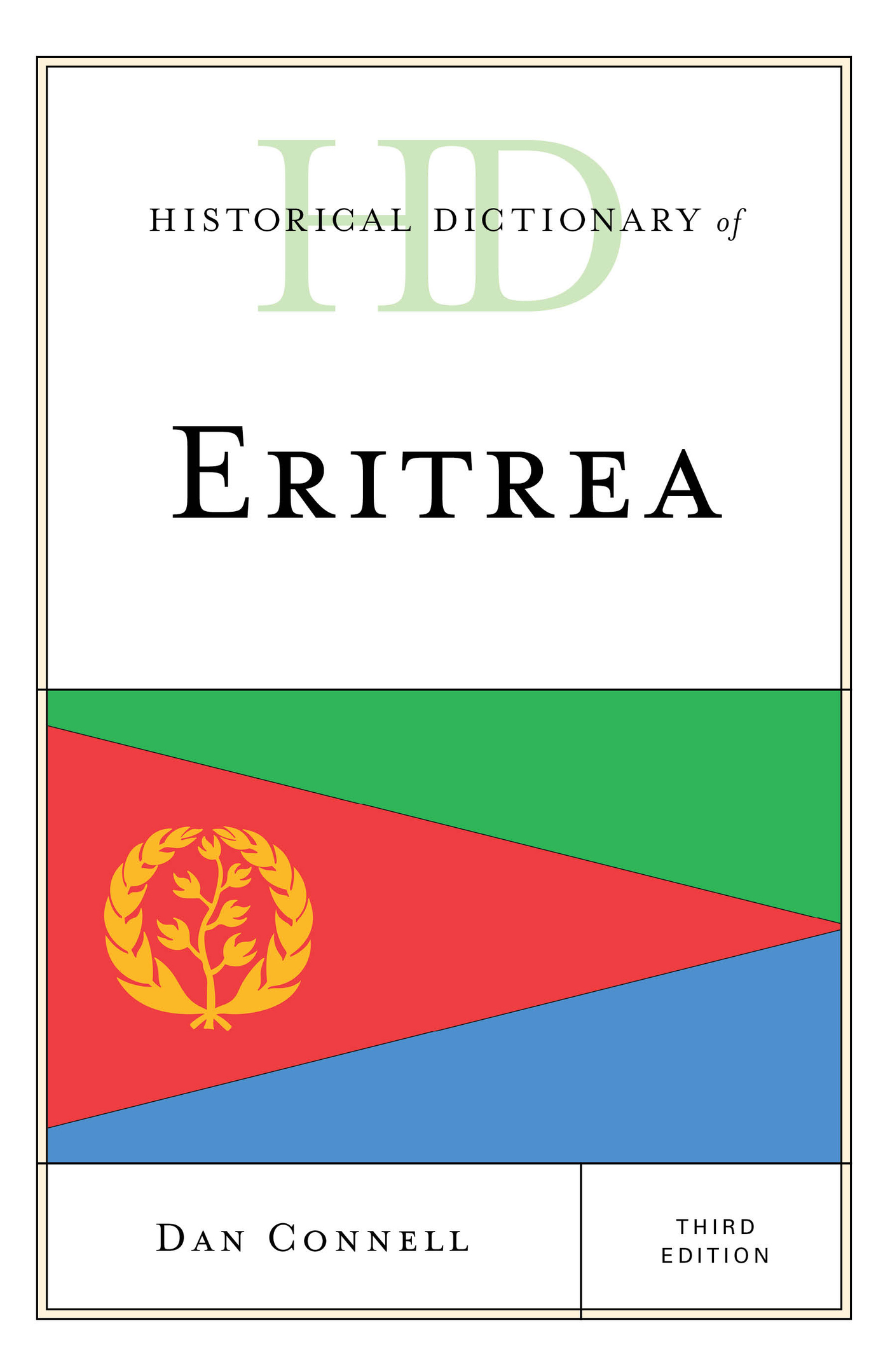The historical dictionaries present essential information on a broad range of subjects, including American and world history, art, business, cities, countries, cultures, customs, film, global conflicts, international relations, literature, music, philosophy, religion, sports, and theater. Written by experts, all contain highly informative introductory essays of the topic and detailed chronologies that, in some cases, cover vast historical time periods but still manage to heavily feature more recent events.
Brief AZ entries describe the main people, events, politics, social issues, institutions, and policies that make the topic unique, and entries are cross-referenced for ease of browsing. Extensive bibliographies are divided into several general subject areas, providing excellent access points for students, researchers, and anyone wanting to know more. Additionally, maps, photographs, and appendixes of supplemental information aid high school and college students doing term papers or introductory research projects. In short, the historical dictionaries are the perfect starting point for anyone looking to research in these fields.
Historical Dictionaries of Africa
Jon Woronoff, Series Editor
The Olympic Movement, Fourth Edition, by Bill Mallon and Jeroen Heijmans, 2011.
Senegal, Second Edition, by Andrew F. Clark and Lucie Colvin Phillips. 1994.
Comoro Islands, by Martin Ottenheimer and Harriet Ottenheimer. 1994.
Uganda, by M. Louise Pirouet. 1995.
Togo, Third Edition, by Samuel Decalo. 1996.
Tanzania, Second Edition, by Thomas P. Ofcansky and Rodger Yeager. 1997.
Equatorial Guinea, Third Edition, by Max Liniger-Goumaz. 2000.
South Africa, Second Edition, by Christopher Saunders and Nicholas Southey. 2000.
Swaziland, Second Edition, by Alan R. Booth. 2000.
Djibouti, by Daoud A. Alwan and Yohanis Mibrathu. 2000.
Liberia, Second Edition, by D. Elwood Dunn, Amos J. Beyan, and Carl Patrick Burrowes. 2001.
Zimbabwe, Third Edition, by Steven C. Rubert and R. Kent Rasmussen. 2001.
Somalia, Second Edition, by Mohamed Haji Mukhtar. 2002.
Western Sahara, Third Edition, by Anthony G. Pazzanita. 2005.
Madagascar, Second Edition, by Philip M. Allen and Maureen Covell. 2005.
Sierra Leone, New Edition, by C. Magbaily Fyle. 2005.
Burundi, Third Edition, by Ellen K. Eggers. 2007.
Republic of Cape Verde, Fourth Edition, by Richard A. Lobban Jr. and Paul Khalil Saucier. 2007.
Zambia, Third Edition, by David J. Simon, James R. Pletcher, and Brian V. Siegel. 2008.
Mali, Fourth Edition, by Pascal James Imperato, Gavin H. Imperato, and Austin C. Imperato. 2008.
Mauritania, Third Edition, by Anthony G. Pazzanita. 2009.
Nigeria, by Toyin Falola and Ann Genova. 2009.
Angola, Second Edition, by W. Martin James. 2011.
Malawi, Fourth Edition, by Owen J. M. Kalinga. 2012.
Niger, Fourth Edition, by Abdourahmane Idrissa and Samuel Decalo. 2012.
Republic of the Congo, Fourth Edition, by John F. Clark and Samuel Decalo. 2012.
Namibia, Second Edition, by Victor L. Tonchi, William A. Lindeke, and John J. Grotpeter. 2012.
Benin, Fourth Edition, by Mathurin C. Houngnikpo and Samuel Decalo. 2013.
Burkina Faso, Third Edition, by Lawrence Rupley, Lamissa Bangali, and Boureima Diamitani. 2013.
Sudan, Fourth Edition, by Robert S. Kramer, Richard A. Lobban Jr., and Carolyn Fluehr-Lobban. 2013.
Ethiopia, Second Edition, by David H. Shinn and Thomas P. Ofcansky. 2013.
Egypt, Fourth Edition, by Arthur Goldschmidt Jr. 2013.
Lesotho, Second Edition, by Scott Rosenberg and Richard F. Weisfelder. 2013.
Republic of Guinea-Bissau, Fourth Edition, by Peter Karibe Mendy and Richard A. Lobban Jr. 2013.
Guinea, Fifth Edition, by Mohamed Saliou Camara, Thomas E. OToole, and Janice E. Baker. 2013.
Ghana, Fourth Edition, by David Owusu-Ansah. 2014.
Libya, Fifth Edition, by Ronald Bruce St. John. 2014.
Kenya, Third Edition, by Robert M. Maxon and Thomas P. Ofcansky. 2014.
Algeria, Fourth Edition, by Phillip C. Naylor. 2015.
Rwanda, Second Edition, by Aimable Twagilamana. 2016.
Cte dIvoire (The Ivory Coast), Third Edition, by Cyril K. Daddieh. 2016.
Central African Republic, New Edition, by Richard Bradshaw and Juan Fandos-Rius. 2016.
The Gambia, Fifth Edition, by David Perfect. 2016.
Morocco, Third Edition, by Aomar Boum and Thomas K. Park. 2016.
Democratic Republic of the Congo, Fourth Edition, by Emizet Franois Kisangani. 2016.
Tunisia, Third Edition, by Kenneth J. Perkins. 2016.
Gabon, Fourth Edition, by Douglas A. Yates. 2018.
Botswana, Fifth Edition, by Barry Morton and Jeff Ramsay. 2018.
Chad, Fourth Edition, by Mario J. Azevedo and Samuel Decalo. 2018.
Mozambique, New Edition, by Colin Darch. 2019.
Republic of Cameroon, Fourth Edition, by Mark Dike DeLancey, Mark W. DeLancey, and Rebecca Neh Mbuh. 2019.
Eritrea, Third Edition, by Dan Connell. 2019.
Names: Connell, Dan, author.
Title: Historical dictionary of Eritrea / Dan Connell.
Description: Third edition. | Lanham : Rowman & Littlefield, 2019. | Series: Historical dictionaries of Africa | Includes bibliographical references.
Identifiers: LCCN 2018058532 (print) | LCCN 2018059674 (ebook) | ISBN 9781538120668 (Electronic) | ISBN 9781538120651 (cloth : alk. paper)
Subjects: LCSH: EritreaHistoryDictionaries.
Classification: LCC DT394 (ebook) | LCC DT394 .K55 2019 (print) | DDC 963.5003dc23
Back in the 1960s, new states were being created every few months in Africa. Since then, newcomers have been few and far between. The latest is Eritrea. Its birth pangs were exceptionally acute because the controlling power it escaped was not European, but African: Ethiopia. And its independence was only the result of one of the bitterest and bloodiest wars ever on the continent (with a scarcely necessary rematch later). This left it devastated, impoverishedmore even than usualand facing unusually difficult tasks of nation building. For Eritrea itself is a patchwork of ethnic and religious communities, and its elite is small and sharply divided on the best path forward. It would have taken a lot of luck to overcome such an endowment, but the country has not had much luck since it has been run over the past nearly two decades by a strongman rather than the democracy it had sought to create. Whether this will change is anybodys guess, which is a sorry outcome to such a once hopeful quest.

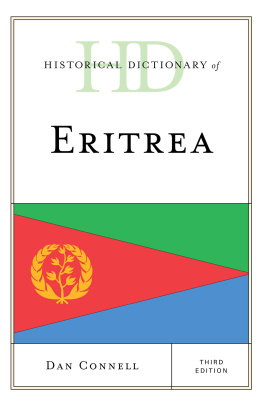
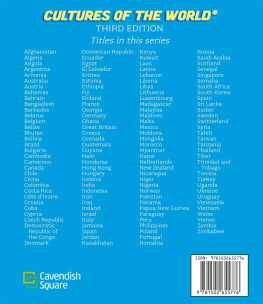
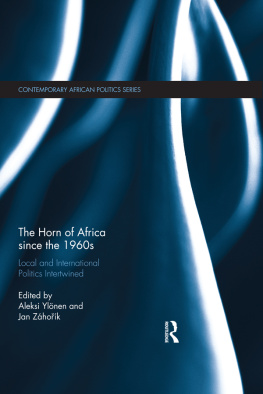
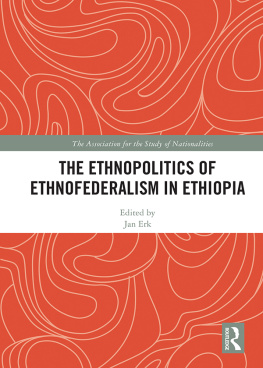
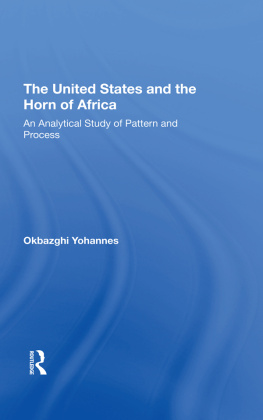
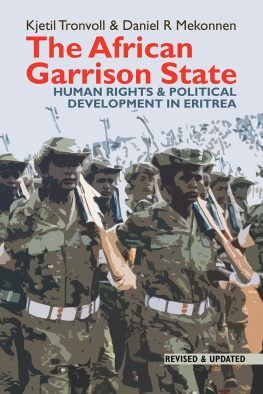
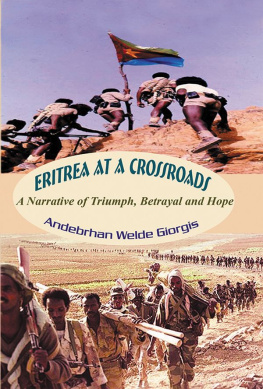
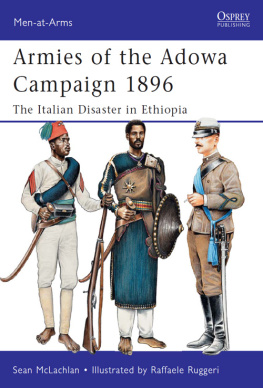
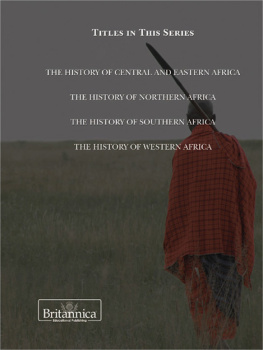

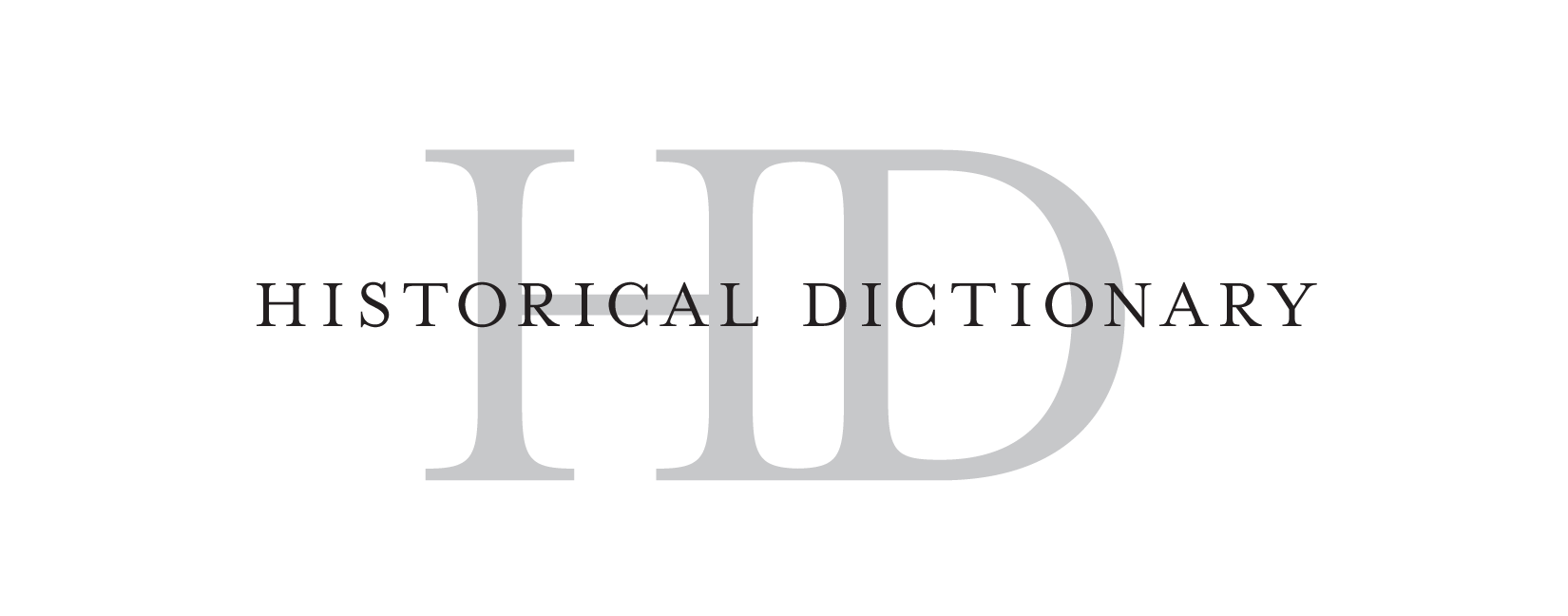
 The paper used in this publication meets the minimum requirements of American National Standard for Information Sciences Permanence of Paper for Printed Library Materials, ANSI/NISO Z39.48-1992.
The paper used in this publication meets the minimum requirements of American National Standard for Information Sciences Permanence of Paper for Printed Library Materials, ANSI/NISO Z39.48-1992.